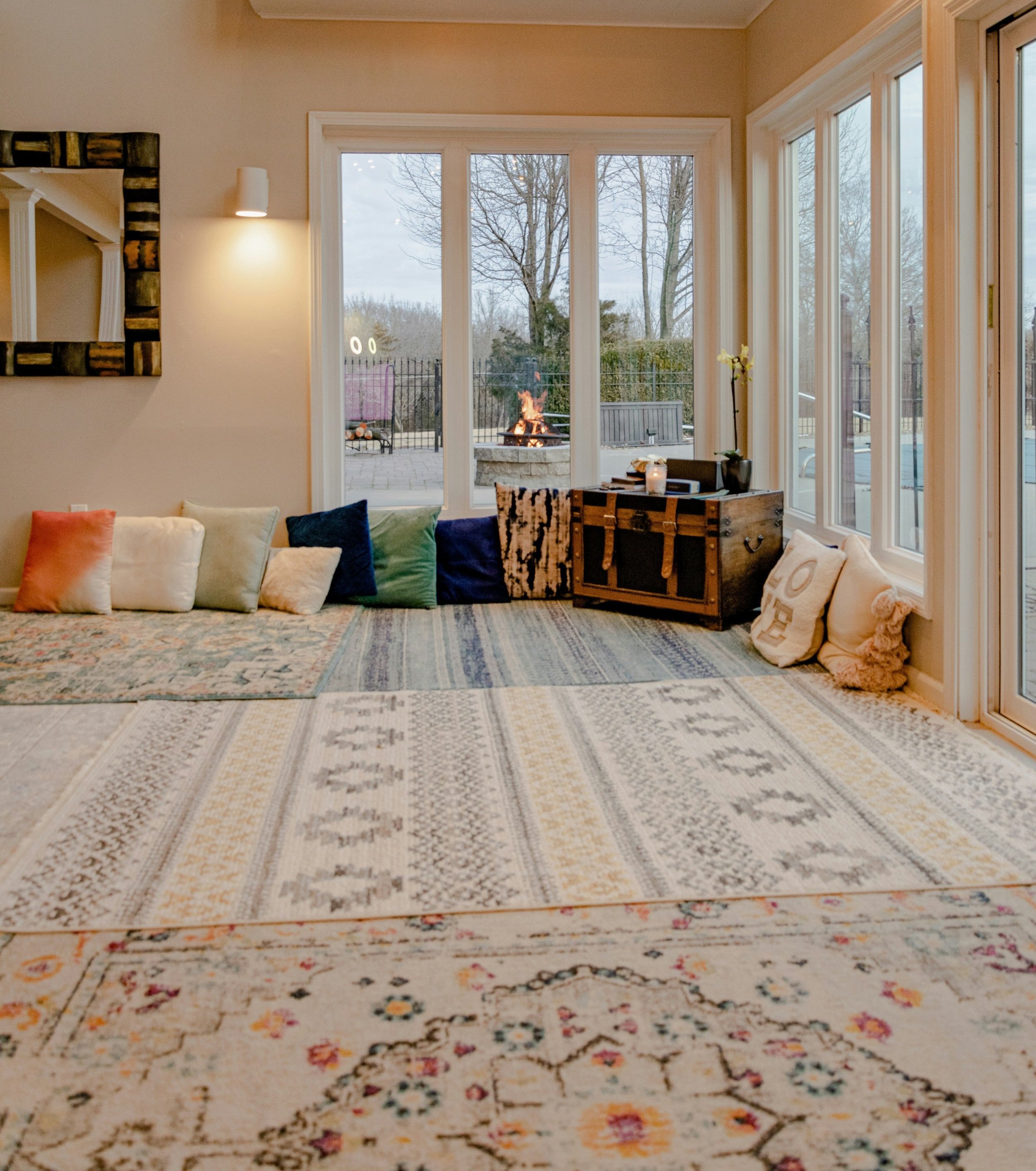Who are we?
We are therapists who have personal and professional experience with religious harm and the trauma that can come from losing your worldview and identity, where it was once found in faith.
We see a significant gap in understanding of this harm and this particular trauma, there is no agreed-upon term for it or appreciation for how deep it goes. People can often lose family, community, belonging, income and certainty.
We struggled to find people who could understand what we had been through as we recovered and realised, across Australia and New Zealand, there were very few working specifically in this area, or, they were hard to find.
So we created the Religious Trauma Collective.
It’s a place to find a practitioner or to find understanding if you’re in a helping role.
It’s a place where, in time, we will host online and in-person events and provide training.
It’s a place where we will list resources from our part of the world.
It’s a place for you to feel seen if religious trauma has been your experience.
Religious Trauma is Trauma.
Religious Trauma is not well understood in Australia and New Zealand and at first may sound a little dramatic or sensational to name.
However, as people are leaving church and losing their faith in institutions, we are seeing a rise in grief and loss, anger and hurt, confusion and cognitive dissonance as leaders fall from grace and systems are found to be exploitative.
Complex trauma symptoms show up in our therapy rooms and pop culture is buzzing with people starting to question the way things have always been in faith spaces.
Australian & New Zealand Context
Most of what we know about religious trauma, spiritual abuse, church hurt and adverse religious experiences comes from North America.
While these books and podcasts, social media influencers, event speakers and (very limited) training have been very helpful and validating for so many of us, we know they don’t quite fit the context here in this part of the world.
Faith isn’t as culturally significant or ‘in the water’ here, in the ways we see in North America or even the UK and isn’t as aligned with nationalism although we are seeing an increase in this trend everywhere.
In Australia and New Zealand, the most recent census data shows each population under 50% Christian for the first time since colonisation and an increase in people identifying as spiritual or not religious.
We are naturally more skeptical and harsh when we see megachurches asking for money for example and when we hear of the sexual abuse rampant in mainline denominations such as what has come our in recent decades about child abuse within the Catholic church.
We have pockets of Bible belt suburbs and large numbers of people in Pentecostal or charismatic churches here, and people who would describe groups they were part of as cult-ish or cult-like. Certainly there are high control and high demand faith spaces and people who experience trauma coming out of spin off Christian denominations and movements, and other world religions that represent between 1 and 3% of our populations.
However, increasingly, Australia and New Zealand are becoming more secular. As this shift occurs, people who are moving with it can often realise the group they were a part of was causing harm to their wellbeing at best, and at worst, they realise they have experienced trauma.
What We Are Not…
We are not defined by what we are against, we are not anti-church, God or religion however those are defined for you.
We are also not a paid, resourced team available here every day, but will endeavour to respond to any communication within 48 hours.
We are not spokespeople for all issues related to religious trauma or spiritual abuse in Australia and New Zealand or able to post or have opinions about all topical and current happenings in the media or pop culture.
We are not experts in everything related to this big topic.
What We Are…
Open to connecting with you wherever you are on the journey of faith, spirituality and religion and recognise the complexity of how we can experience pain and trauma related to these.
Committed to building a resource base of practitioners within Australia and New Zealand who understand and can support people who have experienced religious trauma.
Committed to ongoing education around religious trauma and its diversity; as well as how it intersects with minority groups.




